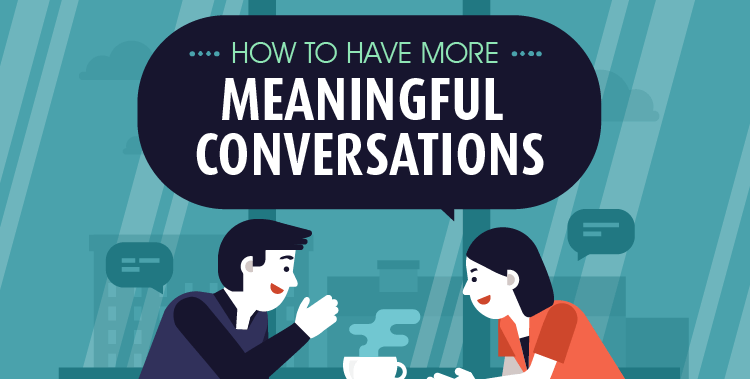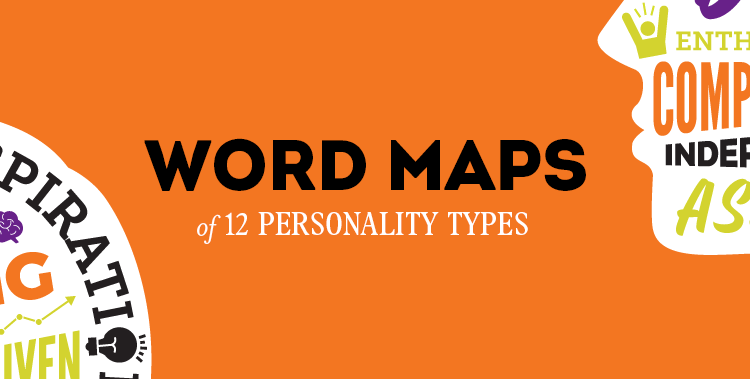How to Have More Meaningful Conversations
Disclaimer: This post was originally published on our UK partner’s site.
Most of us don’t give much thought to our conversation style. Some conversations are good, some of them are bad and others instantly forgettable. We often don’t have a choice about who we talk to, and the best thing we can do is hope to find someone we “click” with.
But why expect someone else to make the chat worthwhile? There are a lot of things we can do to bring more meaning into our conversations. Avoiding carrying on multiple tasks and, instead, solely focusing on our partner’s words activates responses in our brain that help us retain information. That’s on top of showing the other person that you’re actually enthusiastic about what they have to say.
Do you tend to dominate conversations? Most of us probably do, as research shows that people spend about 60% of speaking time talking about themselves. Balance the conversation and get to know your partner a little better by asking open-ended questions and then listening, showing that you value their ideas and opinions.
Like attracts like, and this is a good thing during a conversation! Experts agree that focusing on points of common interest helps build rapport. If both people lived in a certain place or enjoy the same author, it makes sense to stay on those topics to maintain mutual interest. After you’ve set a good foundation, don’t be shy to branch out to explore more meaningful topics; studies show that happier people have twice as many in-depth conversations as their peers.
From social situations to professional ones, we have countless conversations every day. No matter where or why they occur, it’s important for us to make the most of them. Learning the art of good conversation may take time and practice, but it will add value to your time and that of those around you.

Sources
- Chait, M. and Lavie, N. 2015. Why focusing on a visual task will make us deaf to our surroundings. ucl.ac.uk.
- Mehrabian, A. (1981). Silent messages: Implicit communication of emotions and attitudes. Belmont, CA: Wadsworth.
- Heath, C. and Heath, D. 2007. Made to Stick. Random House.
- Williams, S. Listening Effectively.wright.edu.
- Weigel, J. 2011. How to be a good listener. Articles.chicagotribune.com.
- Plante, T.. 2014. Giving people advice rarely works. psychologytoday.com.
- Dunbar, R.I.M et al. 1997. Human Conversational Behaviour. Human Nature. 8(3).
- Ward, A.F. 2013. The Neuroscience of Everybody’s Favorite Topic. scientificamerican.com.
- Dishman, L. 2015. The Science Of Why We Talk Too Much (And How To Shut Up). fastcompany.com.
- Moyer, M.W. 2010. Skip the Small Talk: Meaningful Conversations Linked to Happier People. Scientificamerican.com
- Turkle, S. 2012. The Flight from Conversation. nytimes.com.
Embed This Image On Your Site (copy code below):





